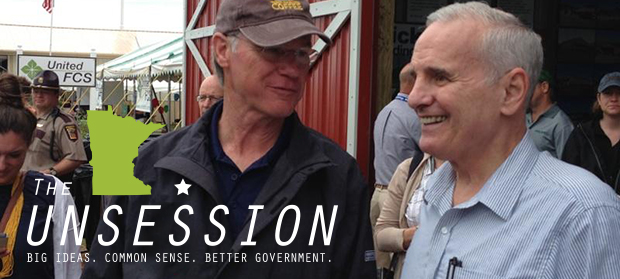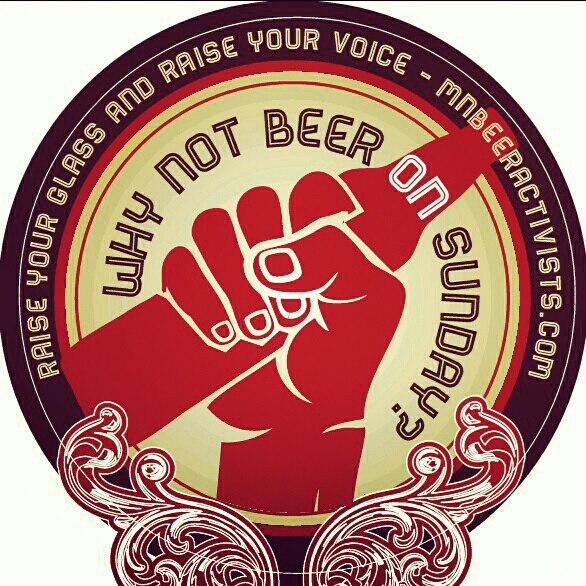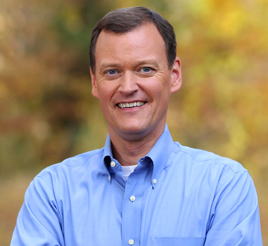Time to get active!
Minnesota Beer Activists are urging supporters of ending the prohibition on Sunday liquor sales to go out to the caucuses Tuesday evening and get involved. Minnesota’s precinct caucuses will be held
Tuesday, February 4, 2014 at 7:00 p.m.

Precinct caucuses are meetings organized by Minnesota’s political parties, typically on the first Tuesday in February of a statewide election year. Minnesota’s major political parties must hold Caucuses at least every statewide election year. Other political parties may also choose to hold caucuses. It is the first step for the party to select candidates and choose the party’s goals and values (called the party platform).
Below are sample resolutions you can take with you to your caucus.
DFL Sunday liquor sales resolution – Right-click to Download
GOP Sunday liquor sales resolution – Right-click to Download
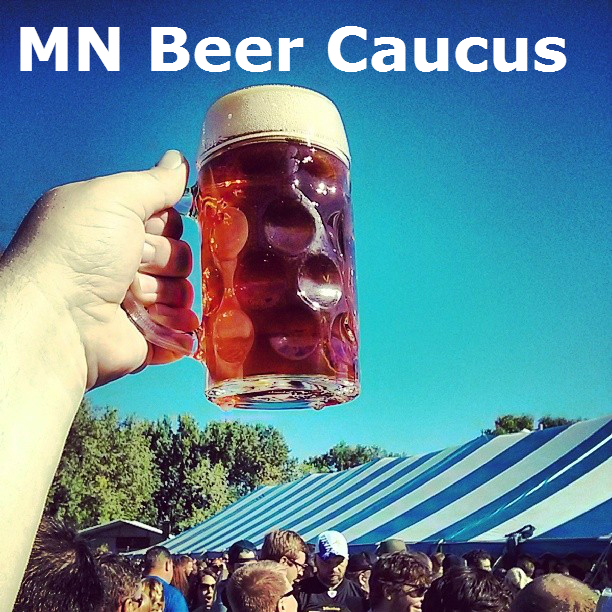
Support your candidates
It is not only important to introduce resolutions, it is important to support the legislative candidates that support listening to voters and repealing the Sunday liquor sales ban.
Candidates that we know support Sunday liquor sales –
Senate
Carlson
Dibble
Pappas
Reinert
House
Anderson, M.
Anderson, S.
Drazkowski
Falk
FitzSimmons
Freiberg
Hausman
Hertaus
Hilstrom
Hornstein
Kahn
Kieffer
Lesch
Liebling
Lien
Loeffler
Loon
Myhra
Norton
Paymar
Peppin
Pugh
Simonson
Woodard
Who can attend a caucus?
- Precinct caucuses are open to the public. But in order to vote, offer resolutions, or become a delegate, you must:
- Be eligible to vote in the fall election.
- Live in the precinct.
- Be in general agreement with the principles of the political party (Minnesota does not have an party registration process).
What happens at a caucus?
- Elect precinct officers who work to organize political activities in the precinct. This could include maintaining contact lists, convening political meetings and helping with campaign efforts.
- Discuss issues and ideas for the party to support. People may bring ideas, called resolutions, to be voted on. People usually bring a typed or handwritten copy of their resolution.
- Vote for the person you want the party to support for governor or president. This is called the straw poll, which is an informal poll to learn how much support each candidate has. Candidates are officially chosen at future meetings, called conventions.
- Elect delegates to represent your precinct at upcoming political conventions that are held during an election year. The first are the political party’s county or district conventions. At these conventions, delegates endorse candidates to represent the county or district, and then choose a smaller number of delegates for the party’s congressional and state conventions. These delegates will endorse candidates to represent the congressional district or statewide offices such as governor or U.S. Senator.

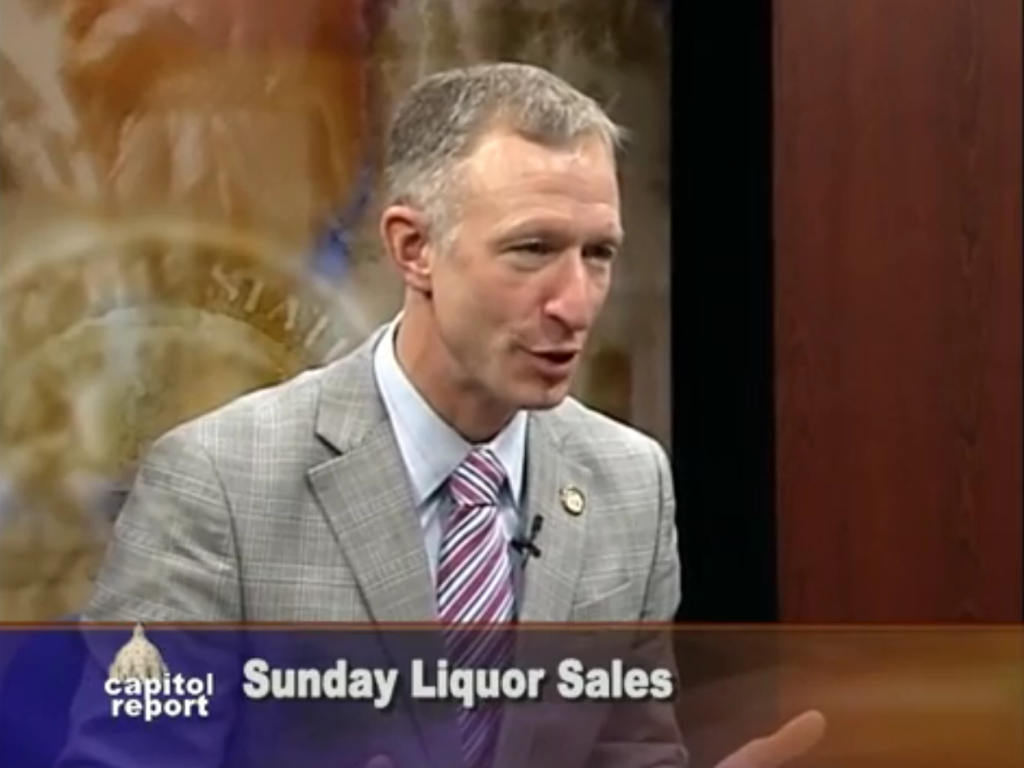
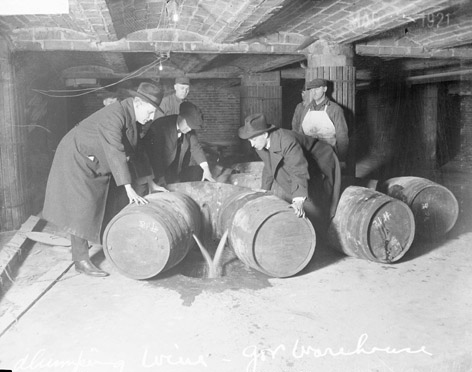
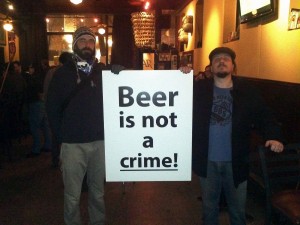 It has been ninety-four years since prohibition went into effect and Minnesotans are still being restricted by a failed experiment from a bygone era. Every state surrounding Minnesota has Sunday liquor sales. The restriction puts Minnesota business owners at a competitive disadvantage. Possibly the worst aspect of Minnesota’s off-sale Sunday liquor ban is the fact that it punishes responsible consumers for absolutely no sensible reason. The fact that liquor sales are allowed 6 days a week makes it clear that buying liquor is ok. The fact that you can buy liquor in a bar on Sundays makes it clear that the state says it is ok to buy liquor on Sunday. So, if liquor is ok any day of the week, why do we continue the prohibition of Sunday liquor store sales in Minnesota?
It has been ninety-four years since prohibition went into effect and Minnesotans are still being restricted by a failed experiment from a bygone era. Every state surrounding Minnesota has Sunday liquor sales. The restriction puts Minnesota business owners at a competitive disadvantage. Possibly the worst aspect of Minnesota’s off-sale Sunday liquor ban is the fact that it punishes responsible consumers for absolutely no sensible reason. The fact that liquor sales are allowed 6 days a week makes it clear that buying liquor is ok. The fact that you can buy liquor in a bar on Sundays makes it clear that the state says it is ok to buy liquor on Sunday. So, if liquor is ok any day of the week, why do we continue the prohibition of Sunday liquor store sales in Minnesota?